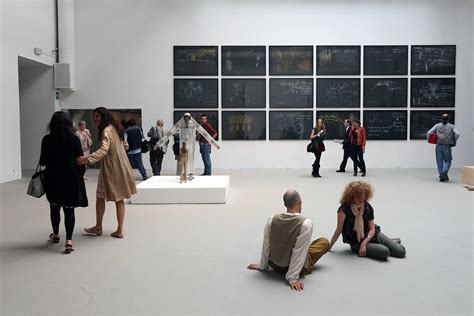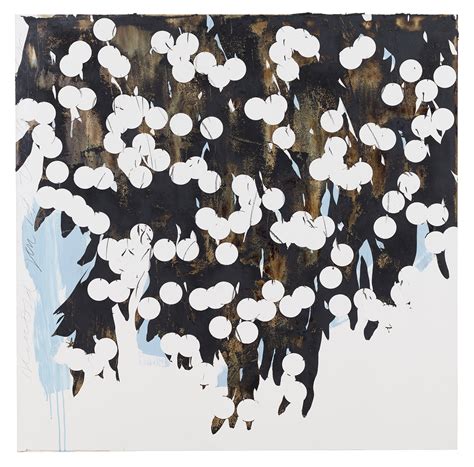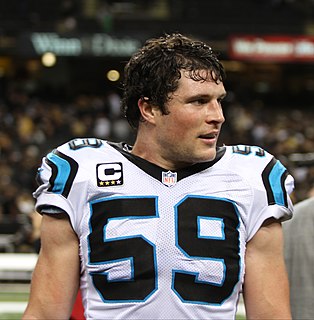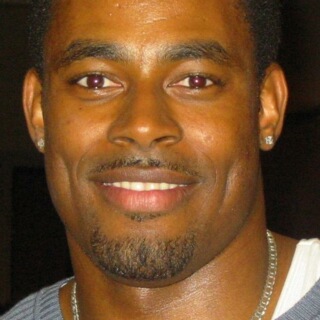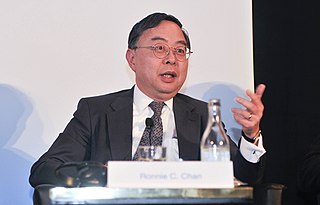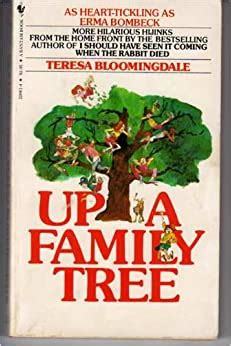A Quote by Tino Sehgal
We package everything as a product so we can derive income from it. Then we can occupy ourselves with higher-order psychological lifestyle things. This is a very new issue. Money still matters, but other factors have joined the status game - like how interesting, how meaningful your work is.
Related Quotes
I've long had the idea that the factors that are most important in determining what we believe, how we live, and what we accomplish are matters of accident. That is, we did not choose where to be born, who our parents would be, or what we would look like. Yet those factors play an enormous role in almost everything about is. W/regard to issues of cosmopolitanism, the most obvious point is that how we identify ourselves in terms of nationality, cultural subgroups, and religion are all pretty much a function of where we were born.
I think everyone is always asking themselves, How is my work meaningful, how is my life meaningful? As I get older, I feel like who I am as a person and a citizen is more important than who I am in my work. But I do think it reframed slightly for me, how much I have to care about a project in order to want to do it. Sometimes, obviously, you have a take a job for money. But I think I'm quicker now when I get a script that's, say, borderline misogynist, I'm not going to go in for it. I'm thinking more about what I'm putting into the world.
How much money you get, depends on lots of extraneous things. It depends on how good you are at turning poetry into a marketable product, which is something it was never supposed to be. That's why many people suppose that the better the poet you are the lower your income should be, and that's probably true.
The touring makes you take a step back. It makes you realize how your lifestyle has changed. You spend all this time inside, alone, writing. And then it becomes about travel and new places and new people. And I do love talking to people about the book, but ideally, I like a little less disruptive lifestyle, I like it when things are more organized.
There is more and more data that the biological molecules of aging are more under the influence of psychological factors than the chronological age that we usually associate with. Of course there are other things that influence our aging process, including how we perceive time. If you're constantly running out of time, then your biological clock speeds up, and you do run out of time with a heart attack or something like that. The quality of our self-esteem determines how we age. Our perception of our bodies as fields of energy or fields of matter influence how our body ages.
I think football is a lifestyle more than anything. It's how you eat, it's how you sleep, it's how you conduct yourself. It's just everything you do you have to keep in mind, is this going to help or have a positive impact on how my practice is going to be, how my workout is going to be, how the game is going to be.
A great many things determine how people live, and money is not at the top of the list. Choices are always available. What you choose will depend on how you see things: yourself, your work, your right to express taste and desire and personality, your understanding of the love of God as expressed in His creation and order and harmony.
As an actor, you're not a person; you're a product, a commodity. It's about money. Your job is about making money for other people. At some point, you learn how to be on the other side of that table. You write, direct, produce, and create opportunity for yourself. Then you start to make money for yourself.
What's great about symbols, what a writer can do with them is provide a really vivid, interesting image, and the reader will do the rest of the work. That's always been very interesting to me. Like if I just introduce the storks, I don't have to say what they mean because the reader will do that. And if I bring in the dark history of the region, other trends come up, for example how in ancient Egypt they are associated with the souls of the dead. You can surprise yourself by introducing an image and then see how developing the story fills it with meaning that is suddenly new.
Interesting thing that is happening in American society is that people are starting to talk about money. I don't know how you feel about this, but for a long time, nobody was talking about money. It was a secret. And it's kind of very interesting because we do lots of stuff to portray to people about how much money we have, the clothes we wear and the cars we have and the house - they all kind of depict to other people, signal how much money we make, but we don't talk about it specifically.
